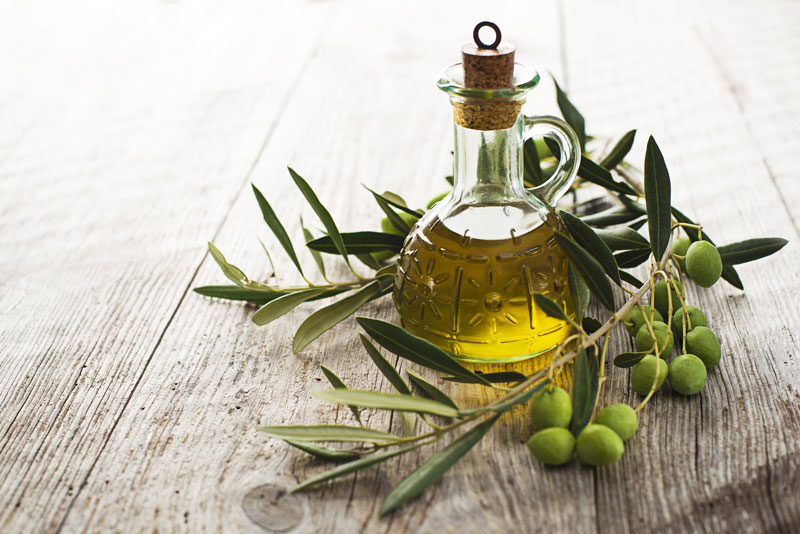
Prof Grootveld’s was interviewed by Dr Michale Mosely on the use of oils in cooking. What was his overall advice?
“Firstly, try to do less frying, particularly at high temperature. If you are frying, minimise the amount of oil you use, and also take steps to remove the oil from the outside of the fried food, perhaps with a paper towel.
To reduce aldehyde production go for an oil or fat high in monounsaturated or saturated lipids (preferably greater than 60% for one or the other, and more than 80% for the two combined), and low in polyunsaturates (less than 20%).
He thinks the ideal “compromise” oil for cooking purposes is olive oil, “because it is about 76% monounsaturates, 14% saturates and only 10% polyunsaturates – monounsaturates and saturates are much more resistant to oxidation than polyunsaturates”.
When it comes to cooking it doesn’t seem to matter whether the olive oil is “extra virgin” or not. “The antioxidant levels present in the extra virgin products are insufficient to protect us against heat-induced oxidation.”
His final bit of advice is always keep your oils in a cupboard, out of the light, and try not to reuse them as this also leads to the accumulation of nasty side-products.”
(from http://www.bbc.co.uk/news/magazine-33675975)
